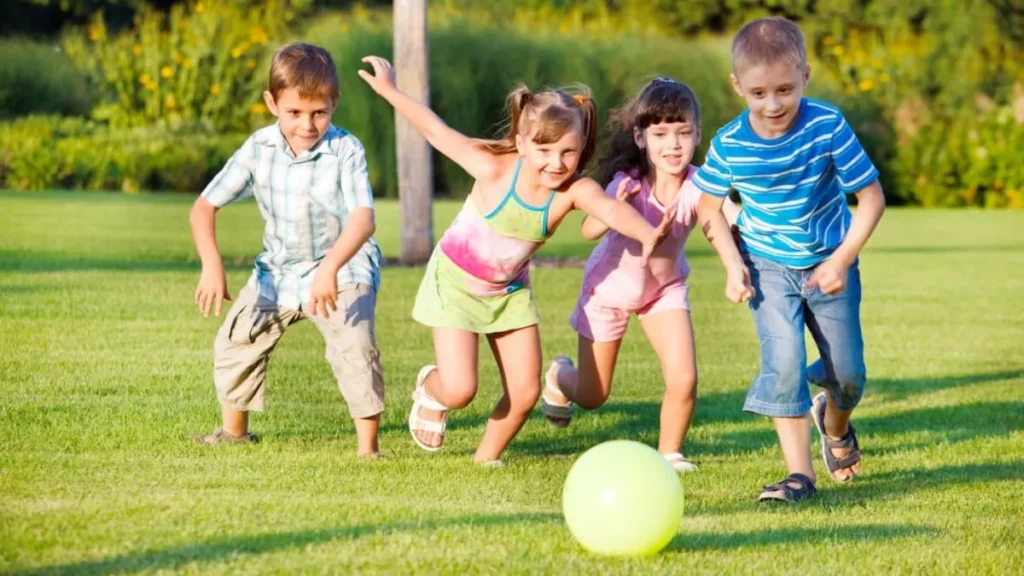
Unstructured fun fuels happy kids! Expert reveals why free play is crucial for children’s mental and emotional wellbeing. Learn how playtime boosts development.
As the world increasingly aims to shape the future of children by focusing on productivity and providing learning in controlled environments, unstructured playtime has been looked down on severely. Child wellbeing specialists, however, underscore the importance of dismissing stringent supervision, ditching screen time, and letting children play without structured agendas, which in turn help them to attain improved mental wellness, uplift emotionally, and develop better in social environments. To see beyond the enjoyment aspect, unstructured playtime offers calming effects, helps the children to build confidence, and provides self-learning aspects that help them navigate life thoughtfully. Let’s shed some light on how unstructured playtime aids children in their overall well-being.
Developing and Nurturing Creative Thinking
Akkshitta, CEO & Founder, The Seekier, and a Certified Astrologer, Numerologist, and Multi-Modality Healer, says that by exploring unstructured playtime like building sand castles by the beach, role-playing with dolls, or creating a custom track to race RC-controlled cars in the backyard, children can unlock their underlying creativity. Free play lets imaginative cognition thrive, which becomes their pillar to solving complex problems and thinking innovatively over time. Beyond artistic careers, the creative spark helps them prosper in the fields of medicine, engineering, and entrepreneurship.
Strengthens Emotional Flexibility
Exceeding intellectual development, unstructured play helps children to feel and express emotions in a safe setting. Deviating from the need for adult supervision, they introspect and act thoughtfully in managing frustration, overcoming minor failures, and understanding and responding to peer behaviour. The moments shared during playtime help them regulate their emotions mindfully, which helps in managing stress later during adulthood. As time passes, the children attain robust social skills and become empathetic, supportive, and emotionally in harmony.
Building Innate Confidence
As a child starts understanding the gameplay during their unstructured playtime, they get the leeway to set their own rules and also understand peer behaviour to engage with them strategically. More than playing, it helps them understand leadership and make decisions wisely. This independence induces self-worth in the children. Each imaginative scenario that they overcome helps them nurture self-confidence as they believe that their ideas and actions are important.
Balanced Energy and Healthy Independence
Children who often play freely exhibit improved balance in energy levels. They are good at self-regulating emotions and physical impulses. They also explore the world through their lens of emotional and cognitive maturity, which integrally leads them to attain independence. This timely disengagement from adult supervision helps them cope with responsibilities over time.
In a Nutshell, let them self-learn and grow
Unstructured play is a need rather than a mere routine task. While modern-day parents strive to help their children attain overall well-being in today’s fast-paced society, the calmest way is to take a step back. By giving the little ones enough time to play freely, the elders help them nurture and strengthen their unique identity at their own pace.
Disclaimer: Tips and suggestions mentioned in the article are for general information purposes only and should not be construed as professional medical advice. Always consult your doctor or a dietician before starting any fitness programme or making any changes to your diet.